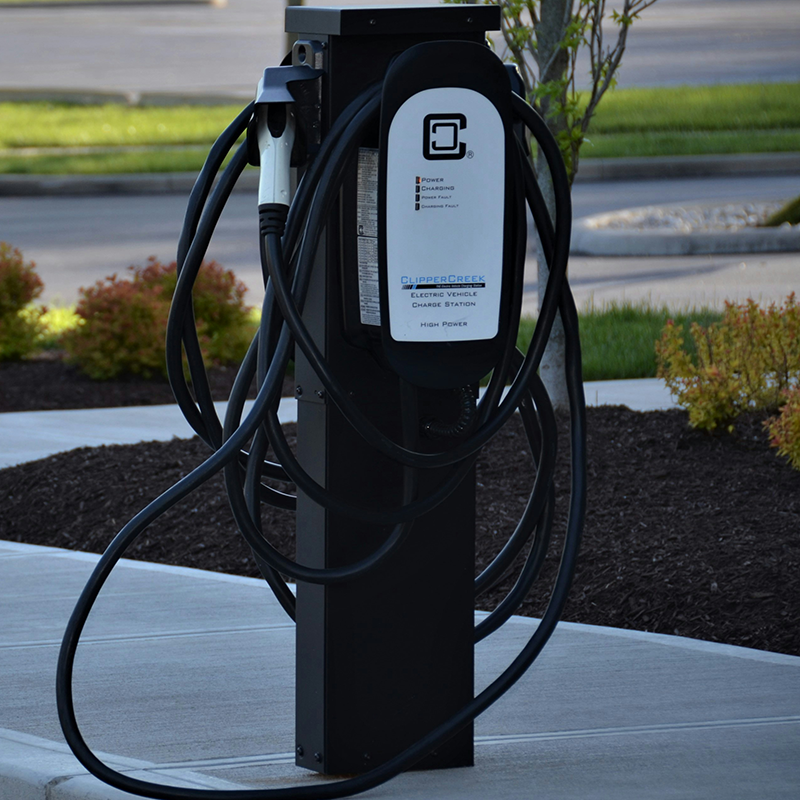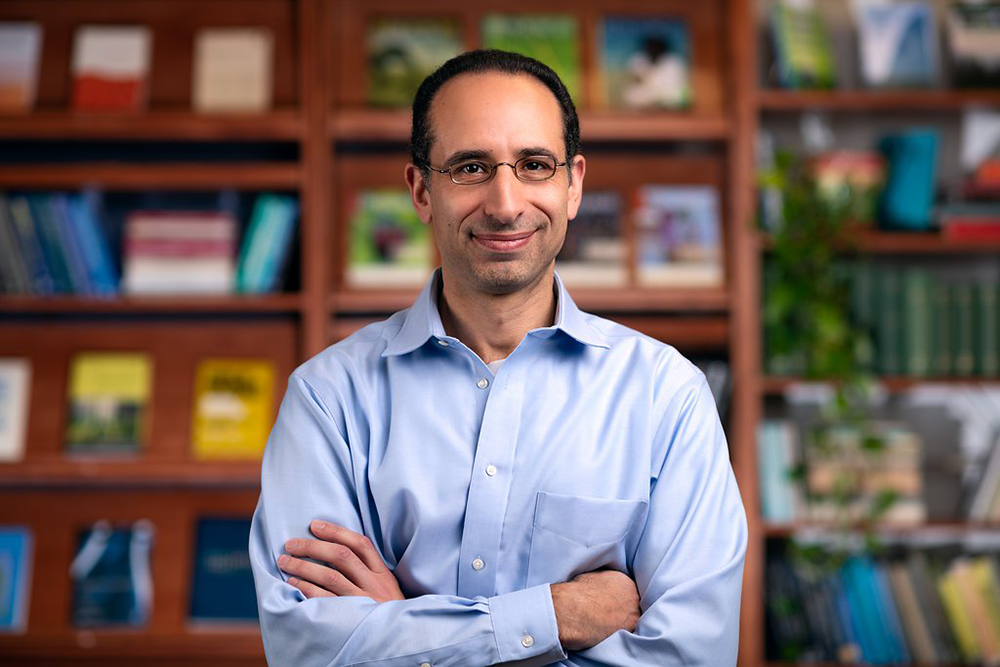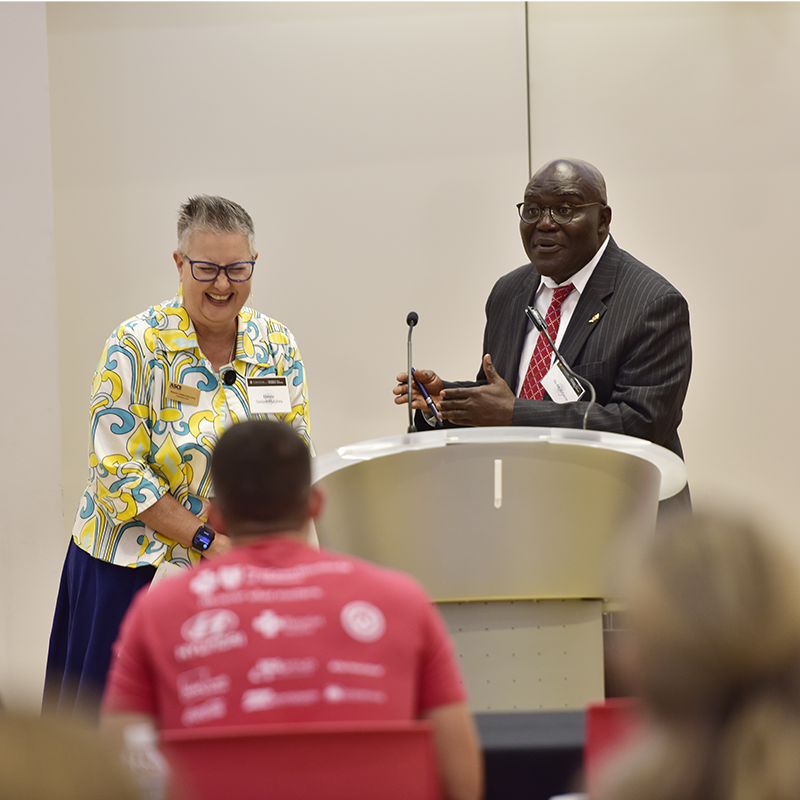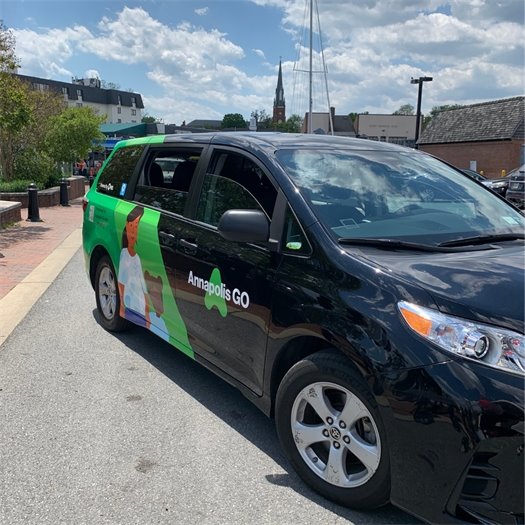News Story
Sloan Foundation Supports Decarbonization Research
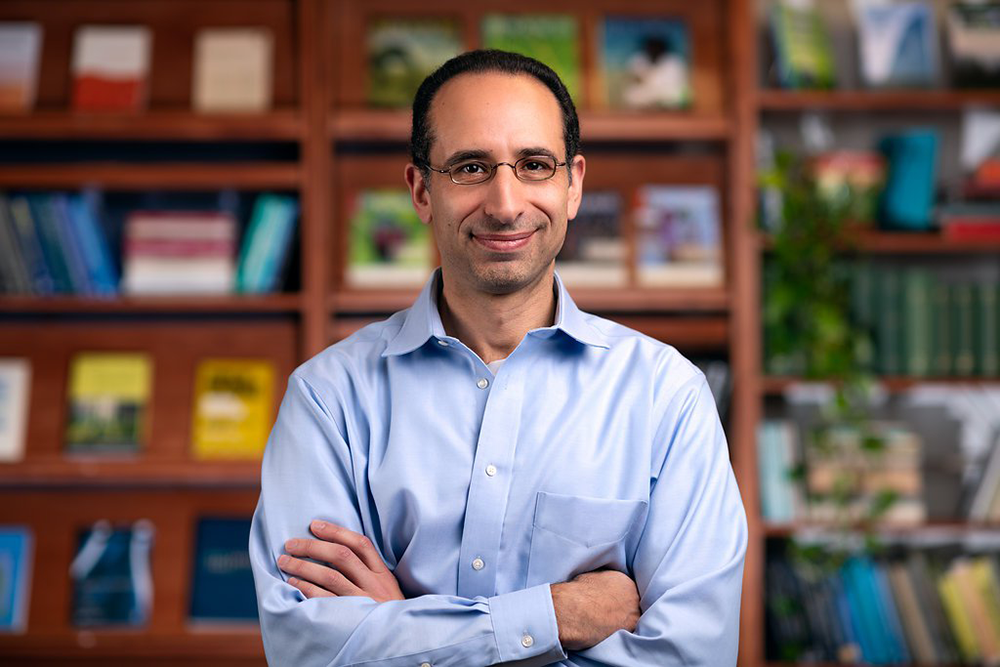
Joshua Linn, Professor of Agricultural and Resource Economics, University of Maryland.
Decarbonization is a multifaceted issue, involving not only engineers but also experts in business, economics, public policy, and other fields. A grant awarded by the Sloan Foundation to the University of Maryland (UMD) and three partner institutions will help spur transportation research that draws connections among these disciplines.
The three-year, $860,000 grant, awarded to UMD, Carnegie-Mellon, Cornell university, and Michigan State University, builds off an existing grant that involved only the first two of these universities.
“It’s continuing the work we’ve been doing, but expanding it to include more universities,” explains Joshua Linn, professor of agricultural and resource economics at UMD.
As with the existing grant, which wraps up this year, the new award will support several graduate fellowships, as well as a series of public workshops in which the researchers present their work to an audience that includes legislators, policymakers, industry representatives, and the general public.
The research being undertaken strives to connect the technological side of decarbonization with issues such as consumer behavior. At UMD, for instance, graduate fellow Lavan T. Burra has been working with Linn and Maryland Transportation Institute director Cinzia Cirillo to study how availability of public charging stations can affect a family’s decision to purchase an electric vehicle.
At Carnegie-Mellon, meanwhile, graduate fellow Hannah Morin has been investigating how quickly electric car batteries degrade due to repeated charging cycles, and how degradation may affect consumer sentiment. The question has ramifications for energy planning, as cars plugged in overnight can in theory help balance out supply and demand on the electric grid.
Real-world solutions in transportation often depend on being able to break out of disciplinary silos and connect different areas of expertise, such as consumer behavior, Linn said. “We can design better batteries and put them in cars, but we still need consumers to go out and buy those cars. Otherwise we’re not going to be effective,” he said. “That’s why research of this kind is so crucial.”
Long-term, he said, the grants could pave the way for product development based on the funded research, thus helping to transform the way we get around, and reducing our collective carbon footprint in the process.
Published December 7, 2023

